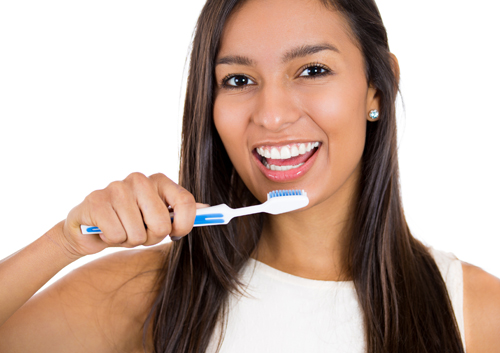Adults and Braces
January 25th, 2024

Nowadays, many adults are taking advantage of getting straighter teeth with braces. Drs. Jay Corley and Rebecca Lauck and our team love to help patients create the dazzling, confident smile they’ve always wanted.
Our adult patients usually fall into two categories: some had braces in the past but didn’t wear their retainers, while others are brand-new to wearing braces. Either way, both groups want the same thing: straighter teeth and a beautiful smile!
You will have several options for getting braces, depending on your financial situation and how quickly you would like your treatment to finish. Traditional metal braces are a less-expensive option and can help people who have severely crooked teeth. But many adults may not prefer this option because they dislike the appearance of metal brackets.
If you’re concerned about how you’ll look, we offer clear ceramic braces that aren’t as visible. These are more expensive than metal braces, and patients need to be careful with colored drinks that can stain them, such as coffee or red wine.
Another popular option is a clear aligner treatment called Invisalign®. This type is practically invisible; it uses a series of aligners that are customized to fit your teeth. The process of straightening your teeth can last anywhere from three to 18 months. For people who have extreme bite problems or crowded teeth, a different method may work better.
Don’t hesitate to call our Keller, TX office today to set up a consultation. Drs. Jay Corley and Rebecca Lauck will help you choose the best option so you can be on your way to a straighter, more confident smile!




 Website Powered by Sesame 24-7™
Website Powered by Sesame 24-7™